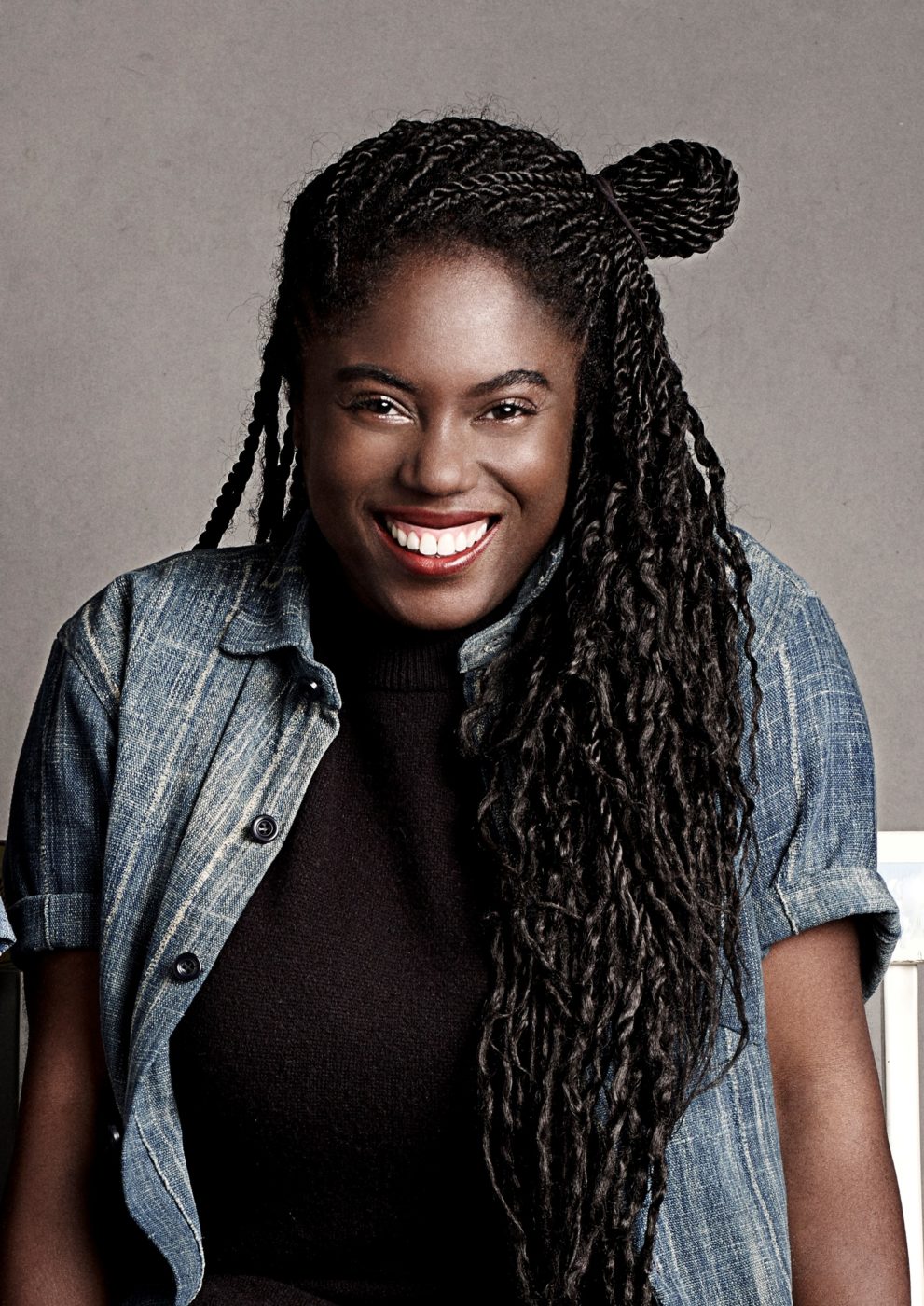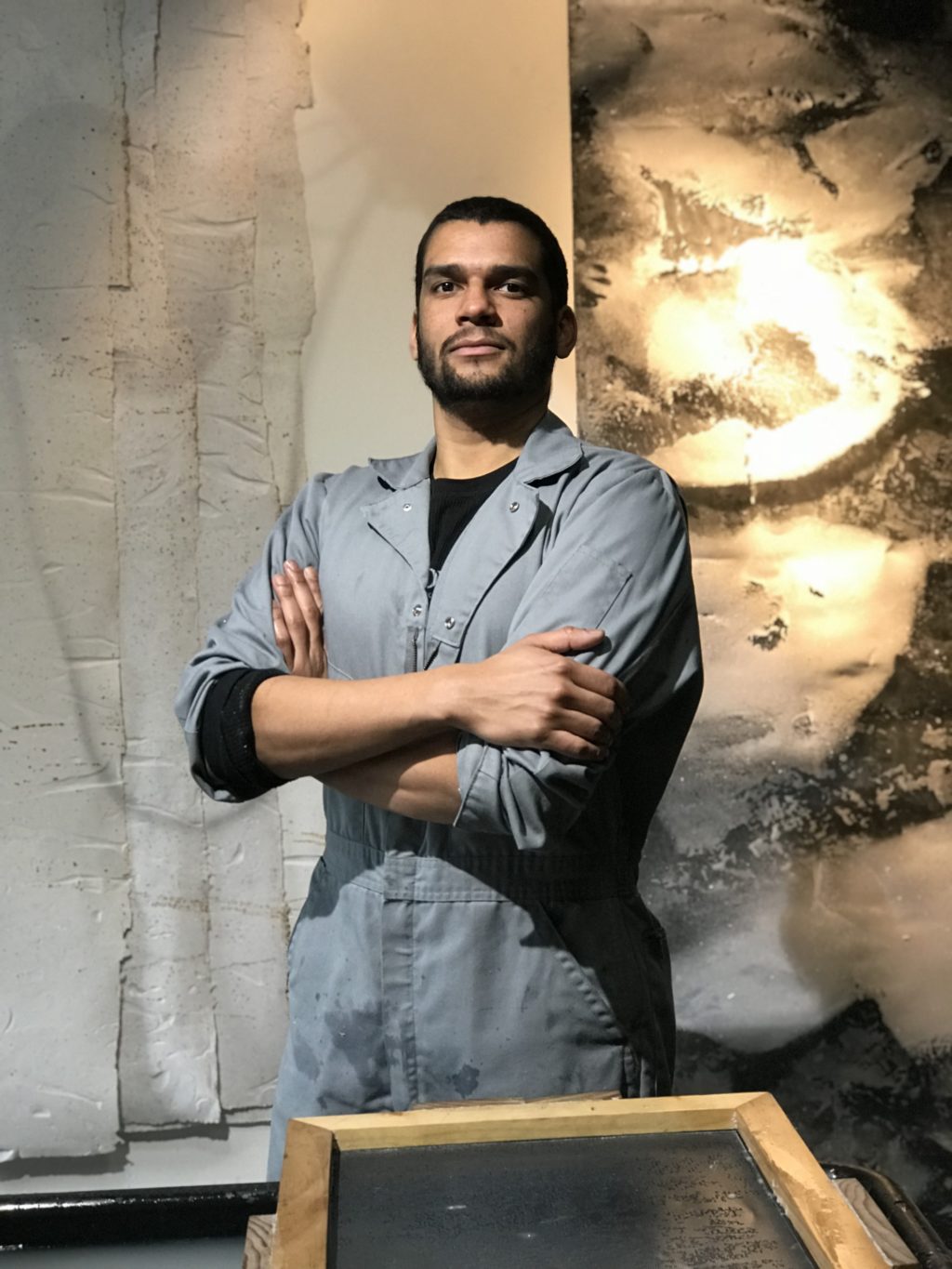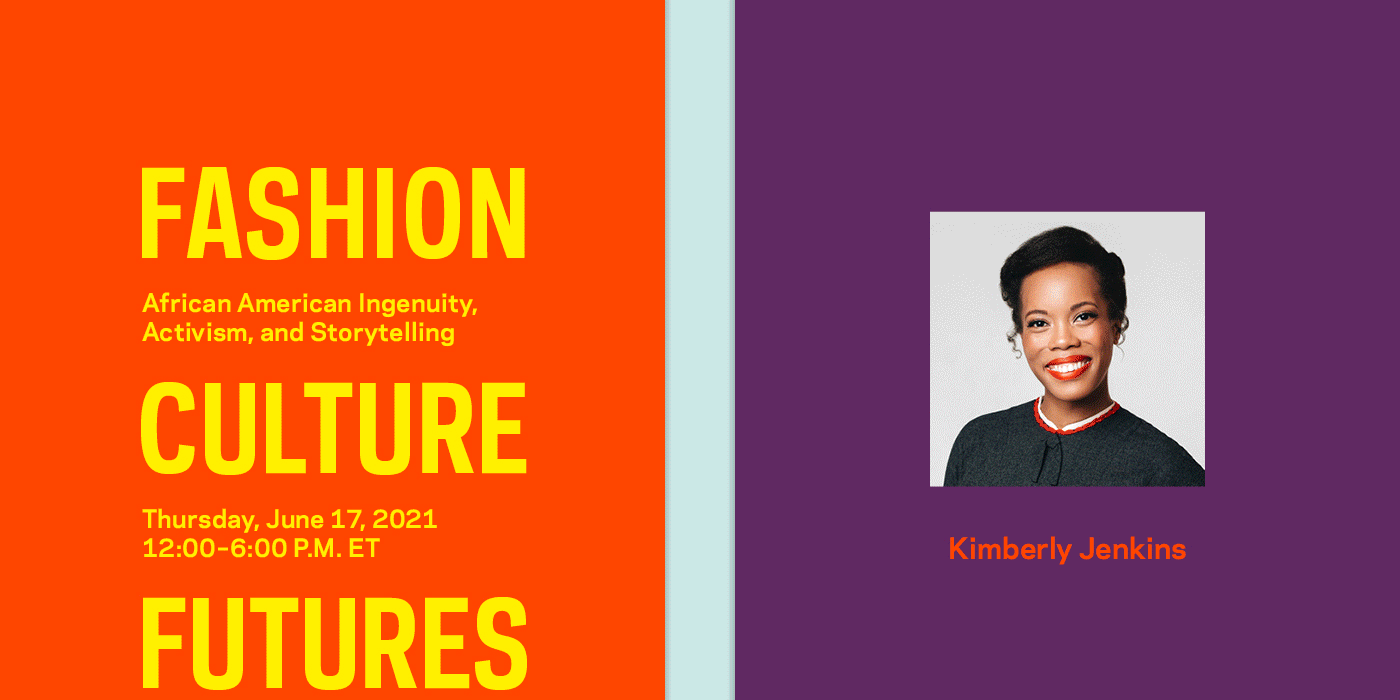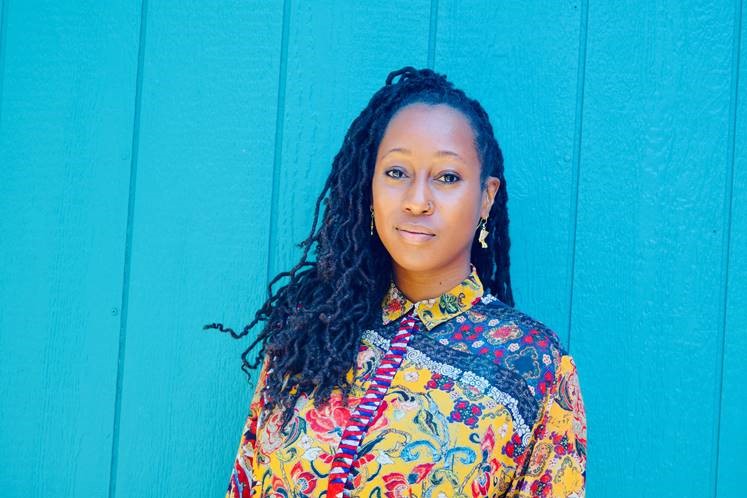Sustainable Fashion Practice from Africa to North America
3:00 p.m. to 3:55 p.m.
This program brings together artist Tahir Carl Mohez Karmali, fashion entrepreneur Abrima Erwiah of Studio One Eighty Nine, and environmental equity consultant Teju Adisa-Farrar to discuss worker welfare, the environmental impact of the fashion industry, and how Black creatives are advancing models for change based in heritage and handcraft.
This program is being held as part of the symposium, Fashion, Culture, Futures: African American Ingenuity, Activism, and Storytelling. Learn more and sign up to attend.
About the Speakers

In 2013, Abrima Erwiah, alongside Rosario Dawson, co-founded Studio One Eighty Nine, which was the winner of the 2020 National Design Award for Emerging Designer. The firm is an artisan-produced fashion lifestyle brand and social enterprise. The luxury brand creates African and African-inspired content and clothing, working with artisanal communities in Africa that specialize in traditional craftsmanship techniques and focusing on empowerment, job creation, education, and skills training. The studio operates stores in New York and Accra, Ghana, an ecommerce site, a manufacturing facility in Accra, Ghana, and supports community-led projects in Africa and the United States. Studio One Eighty Nine partners with the United Nations ITC Ethical Fashion Initiative and NYU Stern School of Business, and its collaborators include Lexus, Ferragamo, EDUN (LVMH), Fendi, Nike, Opening Ceremony, The Surf Lodge, Okay Africa, and Yoox Net a Porter. It received the CFDA + Lexus Fashion Initiative for Sustainability in 2018.
Teju is a Jamiacan-American geographer, researcher, writer, and poet from Oakland, California. Her work focuses on connecting the dots between environmental, social, cultural, and ecological issues. Teju’s work supports developing alternatives, creating infrastructure for regenerative projects, and adopting circular models. Teju currently chairs the Equity Committee for Fibershed’s Regional Fiber Manufacturing Initiative and works as an independent consultant.

Tahir Carl Mohez Karmali (b. 1987, Nairobi) is an artist based in Brooklyn since 2014. His work spans photography, installation, papermaking, sculpture, and sound. Thematically his work deals with concepts that surround labor, neocolonialism, and mortality. Karmali’s work was on exhibition at The Shed, New York in August 2019, was a solo exhibition at STRONGROOM, Newburgh, New York, and was a part of Second Careers: Two Tributaries in African Art at the Cleveland Museum of Art, November 2020 –March 2021. His work has previously been exhibited at LKB Gallery, Hamburg and Copenhagen; Circle Art Agency, Nairobi; High Museum of Art, Atlanta; Kunsthal Rotterdam; and Guggenheim Museum Bilbao, among others. Karmali was awarded a Pollock-Krasner Foundation Grant and a recent residency at The Watermill Center. He was previously an artist-in-residence at Triangle Arts Association, Pioneer Works, Trestle Gallery, the MacDowell Colony, and BRIC. He is an adjunct professor of Design and Sculpture at Brooklyn College.
Special Thanks
Fashion, Culture, Futures: African American Ingenuity, Activism, and Storytelling is co-organized by Cooper Hewitt, Smithsonian Design Museum and the National Museum of African American History and Culture.
Principal support is provided by 
Major support is provided by ![Black text against white background spells out [Gucci] in all capital letters](https://www.cooperhewitt.org/wp-content/uploads/2021/05/GUCCI_logo_BLACK100mm.png)
Funding is also provided by The Keith Haring Foundation and One Smithsonian.




![]()
![]()